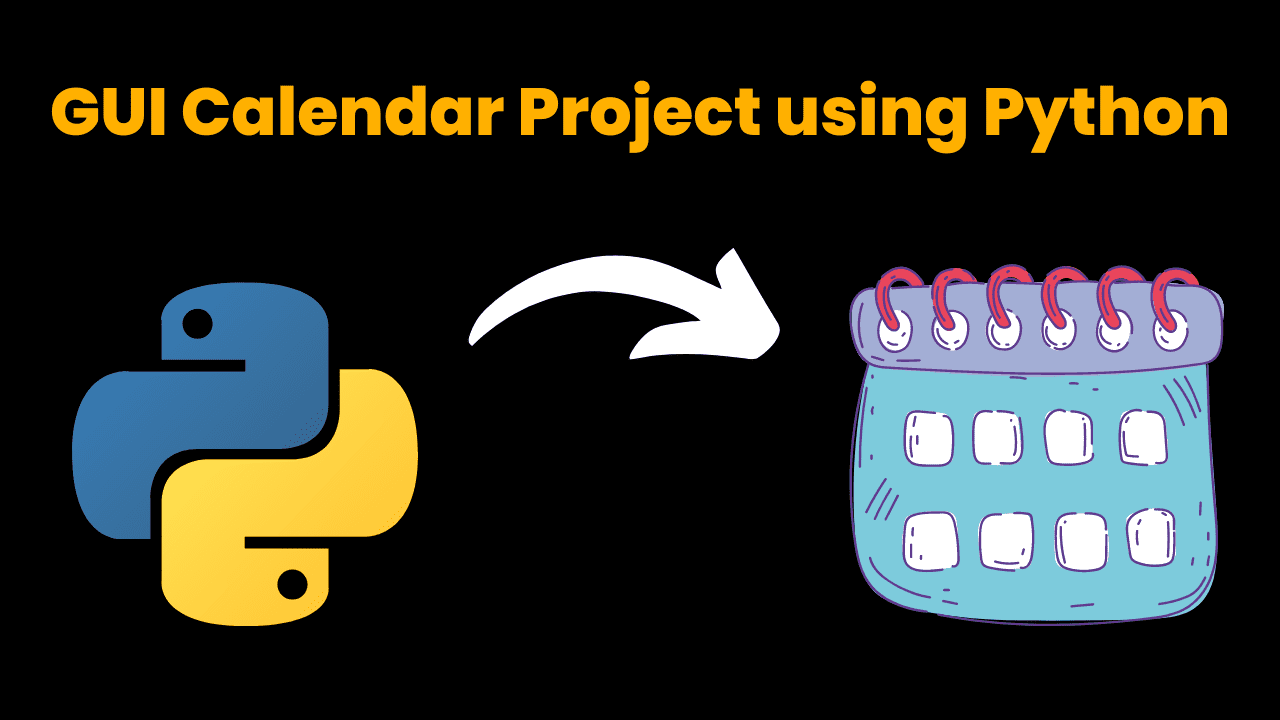Mastering GUI Development: A Comprehensive PySide2 Tutorial for 2025
Table of Contents
- How To Build A Calendar In Python Using Tkinter Build - vrogue.co
- Create GUI Calendar Using Python - Python Tkinter Tutorial - YouTube
- PySimpleGUI Tips - Calendar Button Math Demo with Base64 Images - YouTube
- Graphical User Interface Calendar using python With Source Code ...
- Gui calendar using tkinter in python – Artofit
- Python GUI Working With GridLayout Of Pyside2 Qt For Python - YouTube
- Modern Gui Python - Flat Style - PySide2/PyQt5/Qt Designer - [Free ...
- Pyside2 GUI Layout Managment | QVBoxLayout & QHBoxLayout - YouTube
- #7 Python Animated slide menu with navigation buttons, Pyqt5 , Pyside2 ...
- Top 5 Best Python GUI Libraries - AskPython



Introduction to PySide2



Setting Up PySide2


Creating Your First PySide2 Application
Creating a GUI application with PySide2 is straightforward. Below is an example of a simple "Hello, World!" application: ```python import sys from PySide2.QtWidgets import QApplication, QLabel if __name__ == "__main__": app = QApplication(sys.argv) label = QLabel("Hello, World!") label.show() sys.exit(app.exec_()) ``` This code creates a simple window with the text "Hello, World!". As you can see, PySide2 provides an easy-to-use API for creating GUI elements.
Designing GUIs with Qt Designer
While you can create GUIs programmatically using PySide2, Qt Designer provides a graphical interface for designing GUIs. Qt Designer allows you to create GUIs by dragging and dropping widgets, making it easier to design complex interfaces. To use Qt Designer, you'll need to install it separately. Once installed, you can create a new GUI design and save it as a `.ui` file. PySide2 provides the `uic` module to load and convert `.ui` files into Python code.
Best Practices for PySide2 Development
As with any programming library, following best practices is essential for creating maintainable and efficient code. Here are a few tips to keep in mind: Use Qt Designer to design your GUIs, and then convert them to Python code using `uic`. Keep your GUI logic separate from your business logic. Use signals and slots to communicate between GUI elements. Follow the Model-View-Controller (MVC) pattern to keep your code organized. PySide2 is a powerful library for creating GUI applications in Python. With its easy-to-use API and Qt Designer, you can create stunning GUIs with ease. By following best practices and leveraging the power of Qt, you can create robust and user-friendly GUI applications that meet the demands of 2025. Whether you're a seasoned developer or just starting out, PySide2 is definitely worth exploring. As you embark on your PySide2 journey, remember to stay up-to-date with the latest developments and best practices. With the ever-evolving landscape of GUI development, PySide2 is sure to remain a popular choice among developers. So, what are you waiting for? Start creating your next GUI application with PySide2 today!Word count: 500